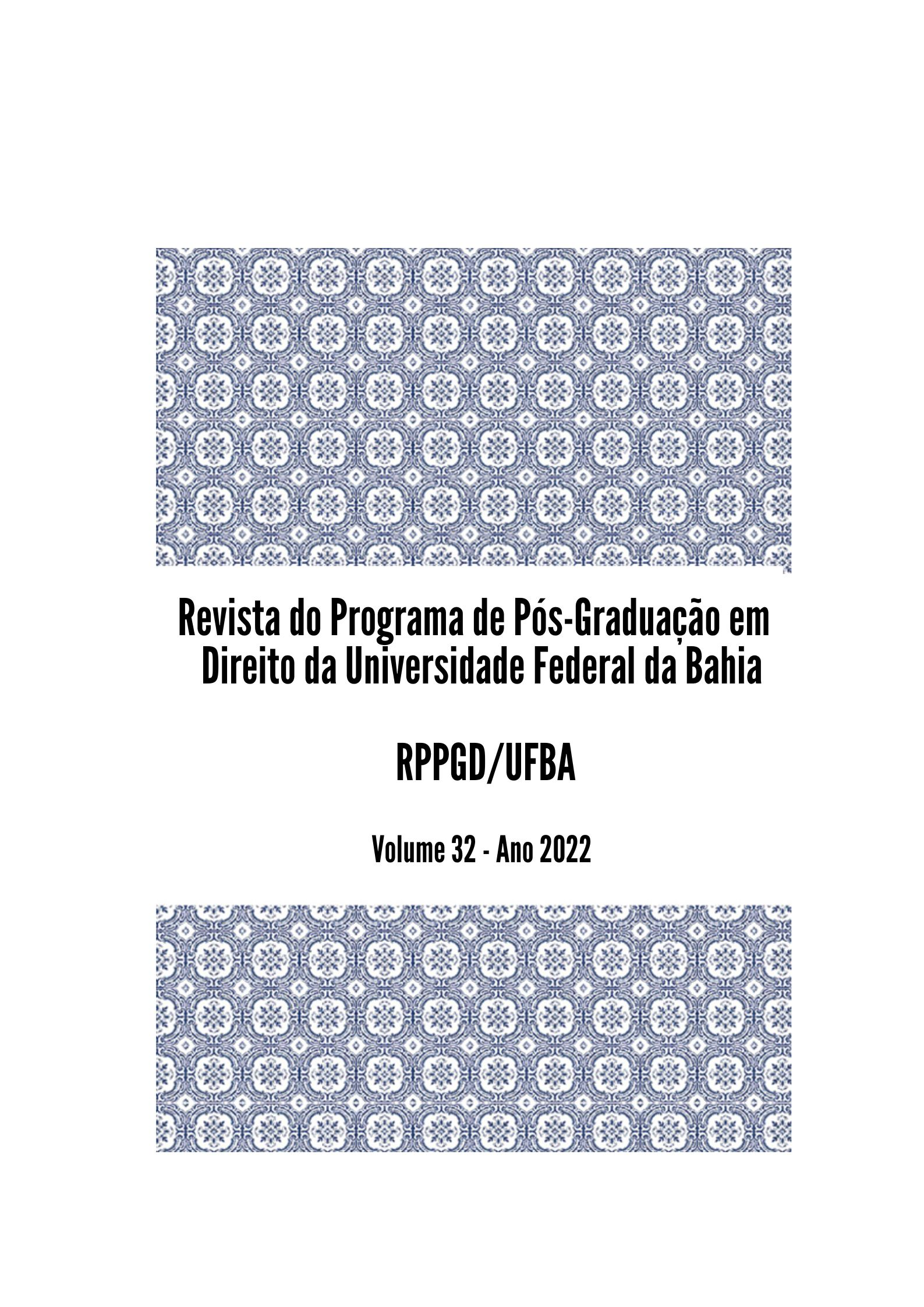REASONABLENESS
FROM FACTUAL CONTEXT TO THE LOGICAL TEST IN THE INTERPRETATION OF LAW
DOI:
https://doi.org/10.9771/rppgd.v32i0.45955Keywords:
Razoabilidade; Contexto Fático; Teste de Idoneidade Lógica; Teste Wednesbury.Abstract
This article analyzes reasonableness, with an emphasis on its development based on the legislation and Brazilian Constitucional Court's decisions, going on to verify the existence of six facets of the phenomenon. The approach to structuring the idea of reasonabless uses theoretical categories of legal argumentation, in particular by Neil MacCormick. The Wednesbury case is also studied to define the logical test inherent of the congruence between the factual basis and the law that permeates it in legal interpretation. This research is qualitative (analysis of Wednesbury's test based on argumentation theory), applied (contributes to the construction of an adequate reasonableness model), descriptive (describes the functioning of the logical test inherent to reasonableness) and bibliographic and documentary (makes an analysis of previous studies and legal statutes). The results demonstrate that: the theory about reasonableness requires further study in Brazil, especially about the six tests of reasonableness indicated in this research; that it is possible to make an approximation between the tests of absurdity, arbitrariness, perversity and caprice, arising from the Wednesbury formula, and an idea of reasonableness developed in Brazil, defining the logical test in the Law.
Downloads
Downloads
Published
How to Cite
Issue
Section
License
Copyright (c) 2022 Revista do Programa de Pós-Graduação em Direito

This work is licensed under a Creative Commons Attribution-NonCommercial-NoDerivatives 4.0 International License.
1. Autores mantém os direitos autorais e concedem à revista o direito de primeira publicação, com o trabalho simultaneamente licenciado sob a Licença Creative Commons Atribuição 4.0 Internacional que permite o compartilhamentodo trabalho com reconhecimento da autoria e publicação inicial nesta revista.
2. Autores têm autorização para assumir contratos adicionais separadamente, para distribuição não-exclusiva da versão do trabalho publicada nesta revista (ex.: publicar em repositório institucional ou como capítulo de livro), com reconhecimento de autoria e publicação inicial nesta revista.
3. Autores têm permissão e são estimulados a publicar e distribuir seu trabalho online (ex.: em repositórios institucionais ou na sua página pessoal) a qualquer ponto antes ou durante o processo editorial, já que isso pode gerar alterações produtivas, bem como aumentar o impacto e a citação do trabalho publicado

